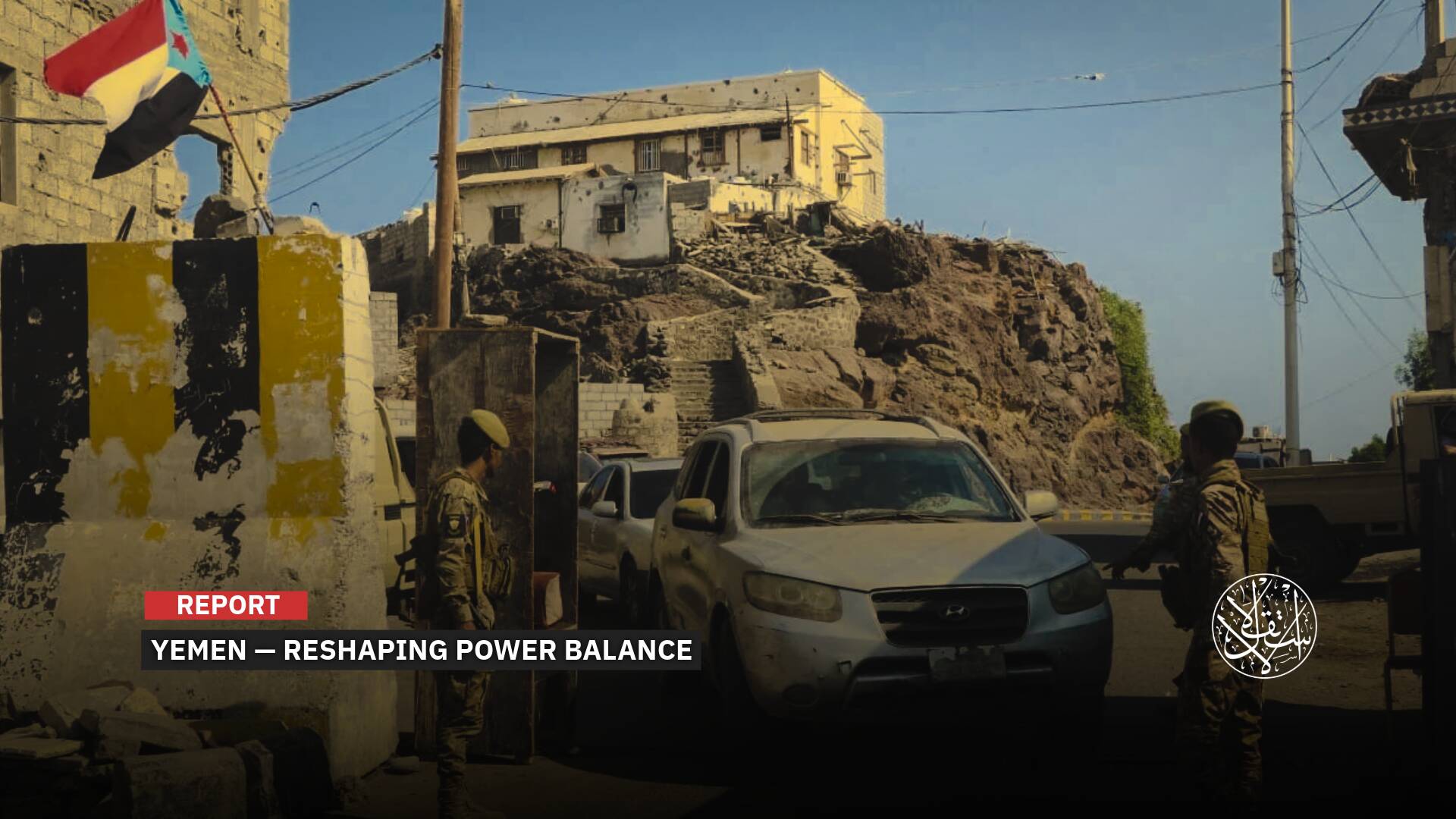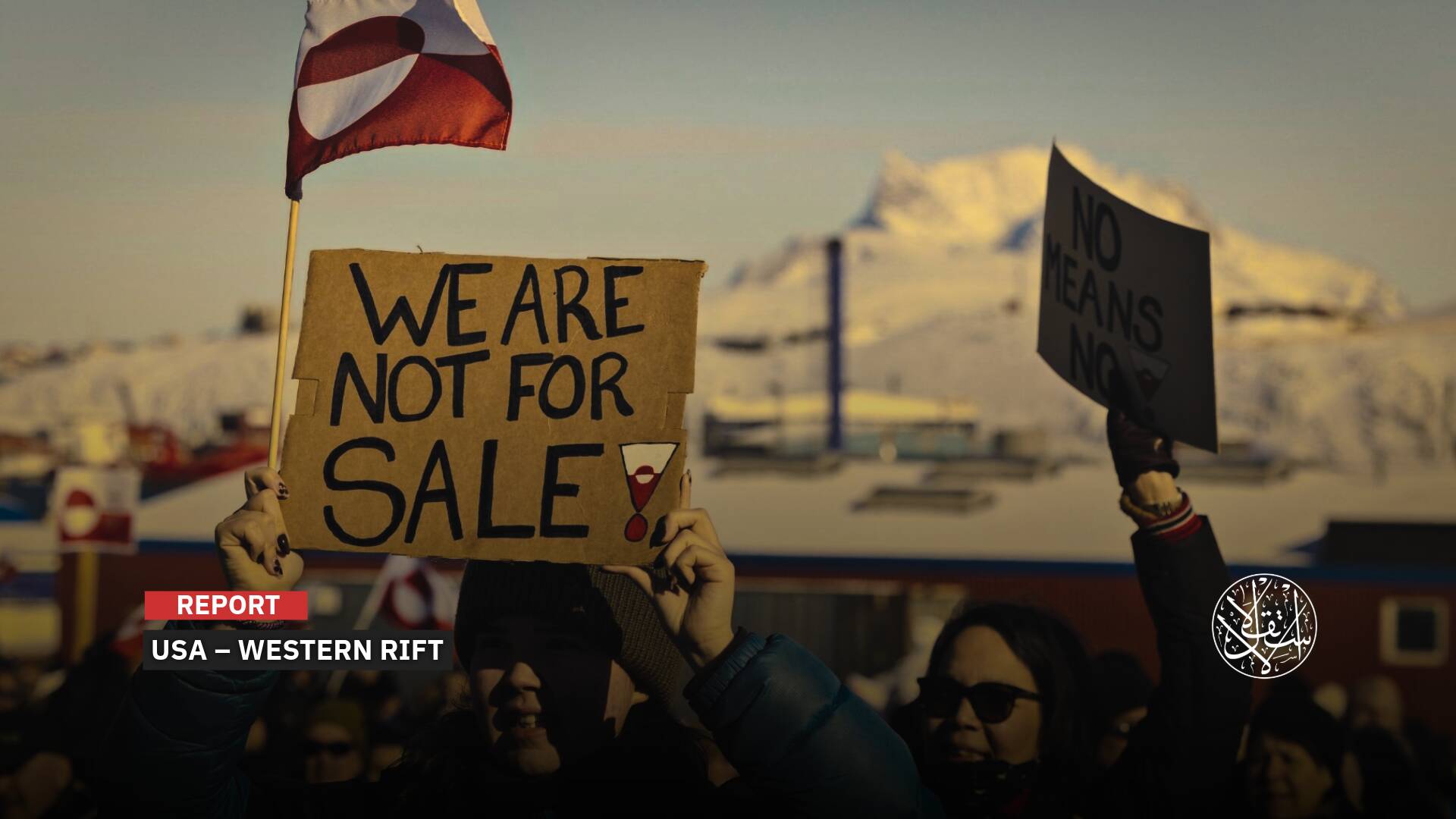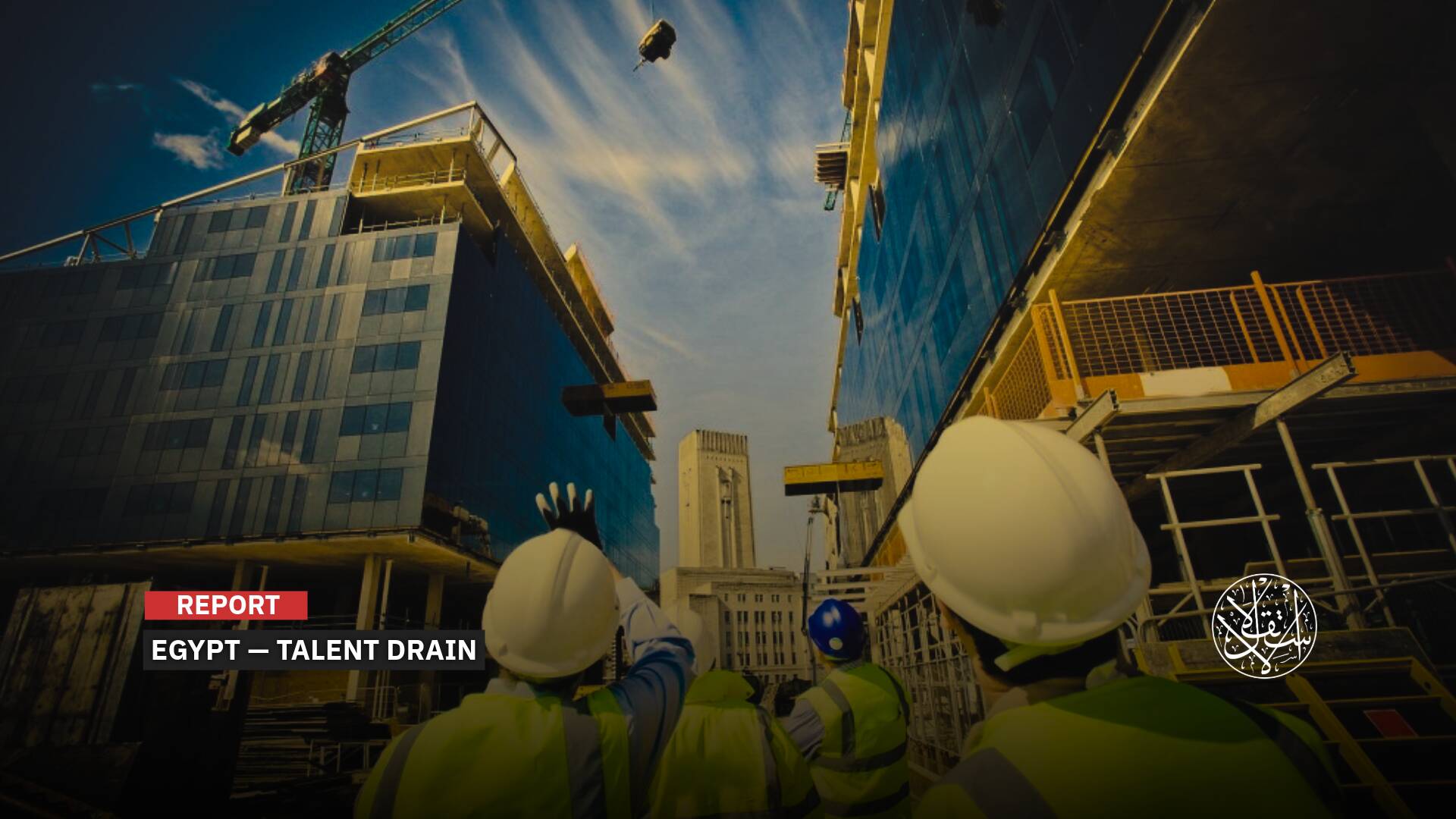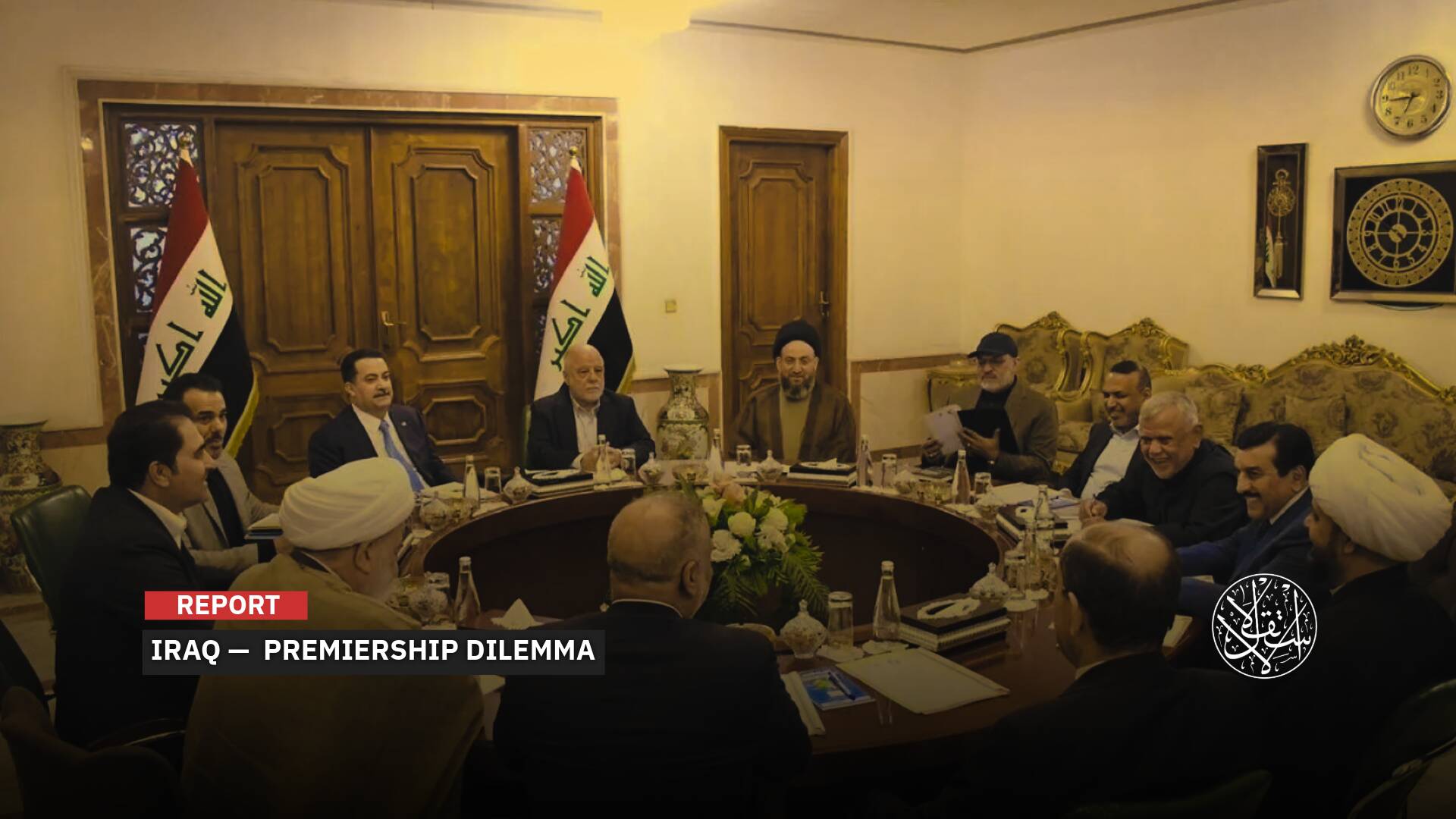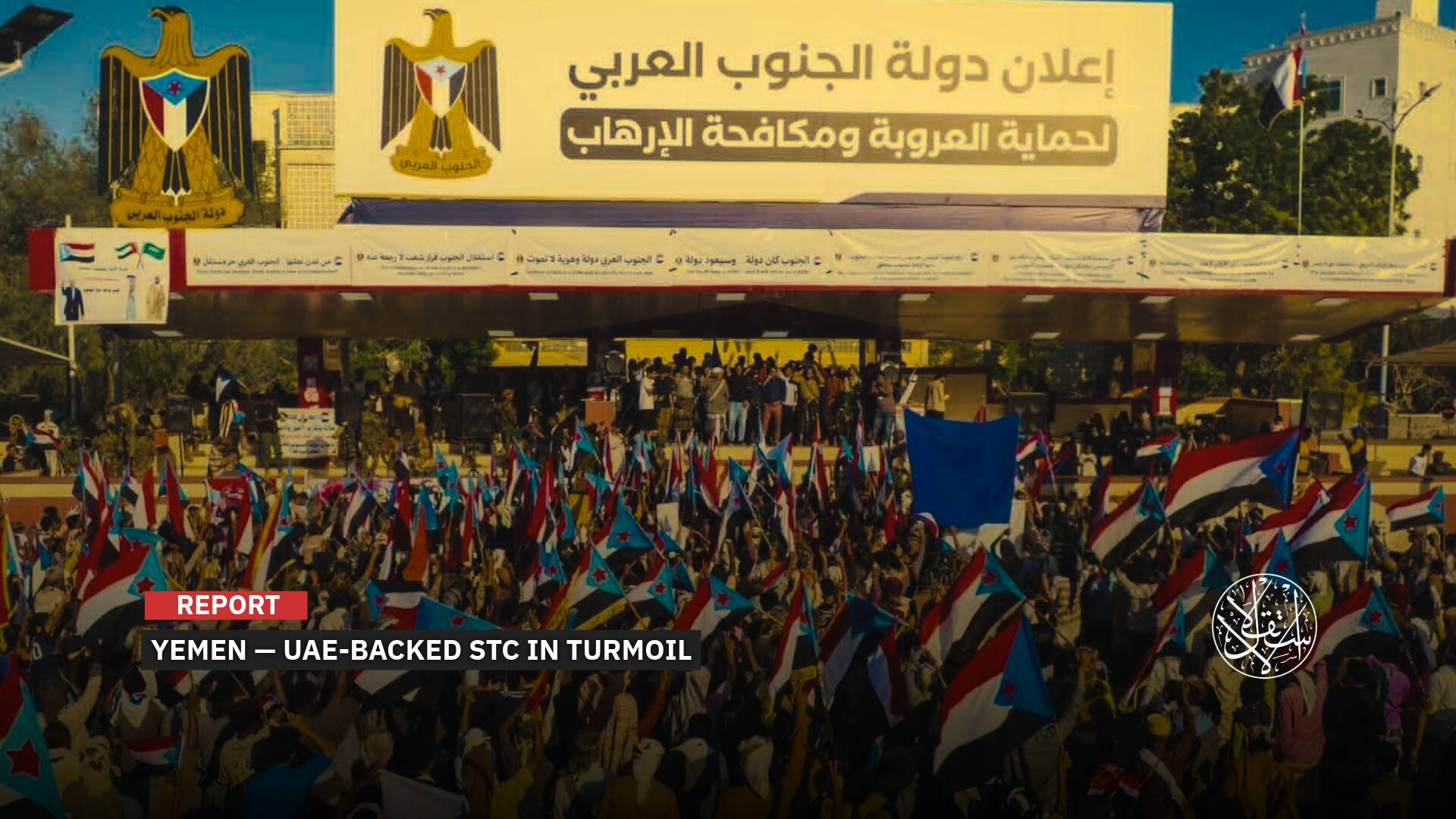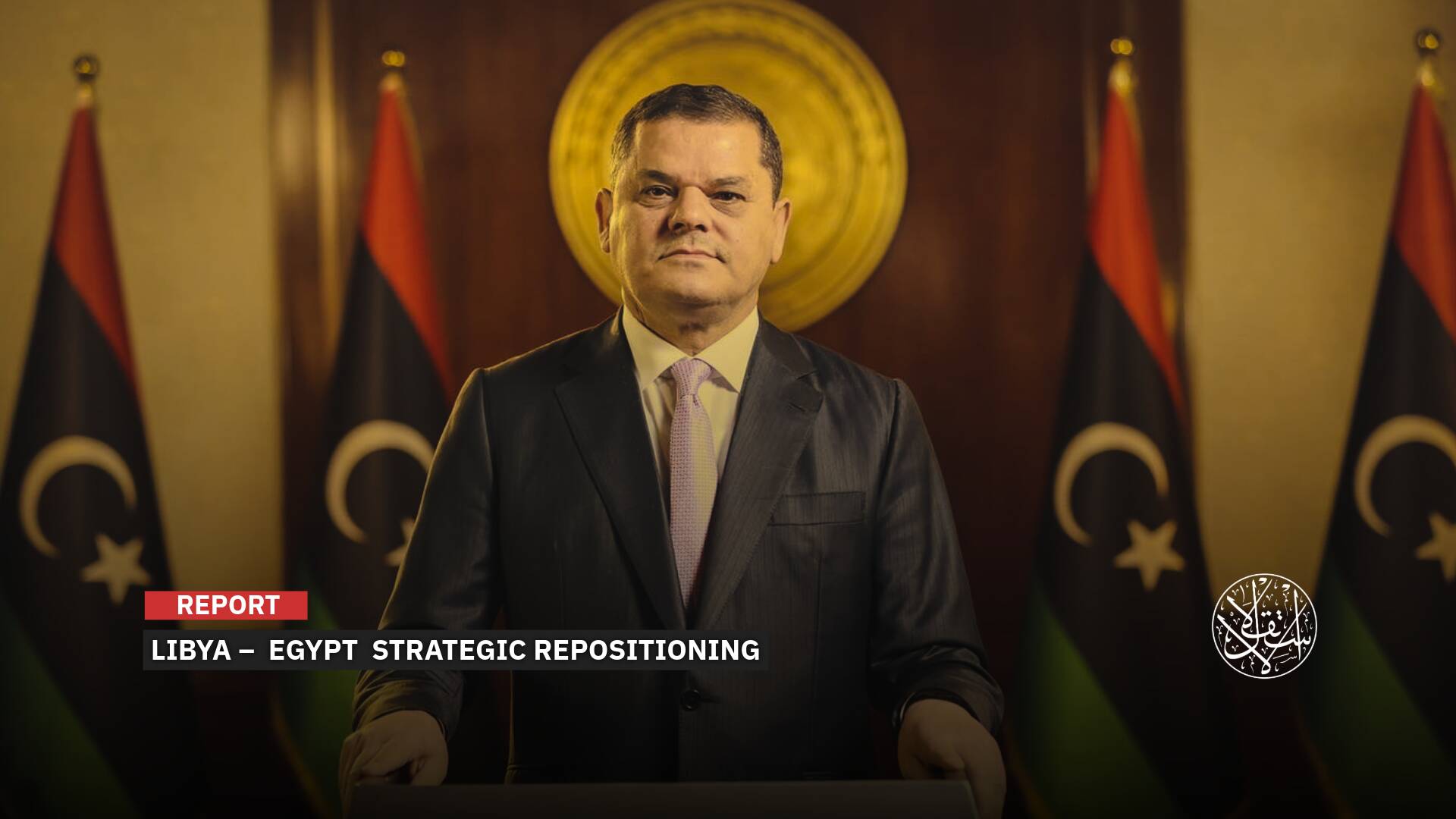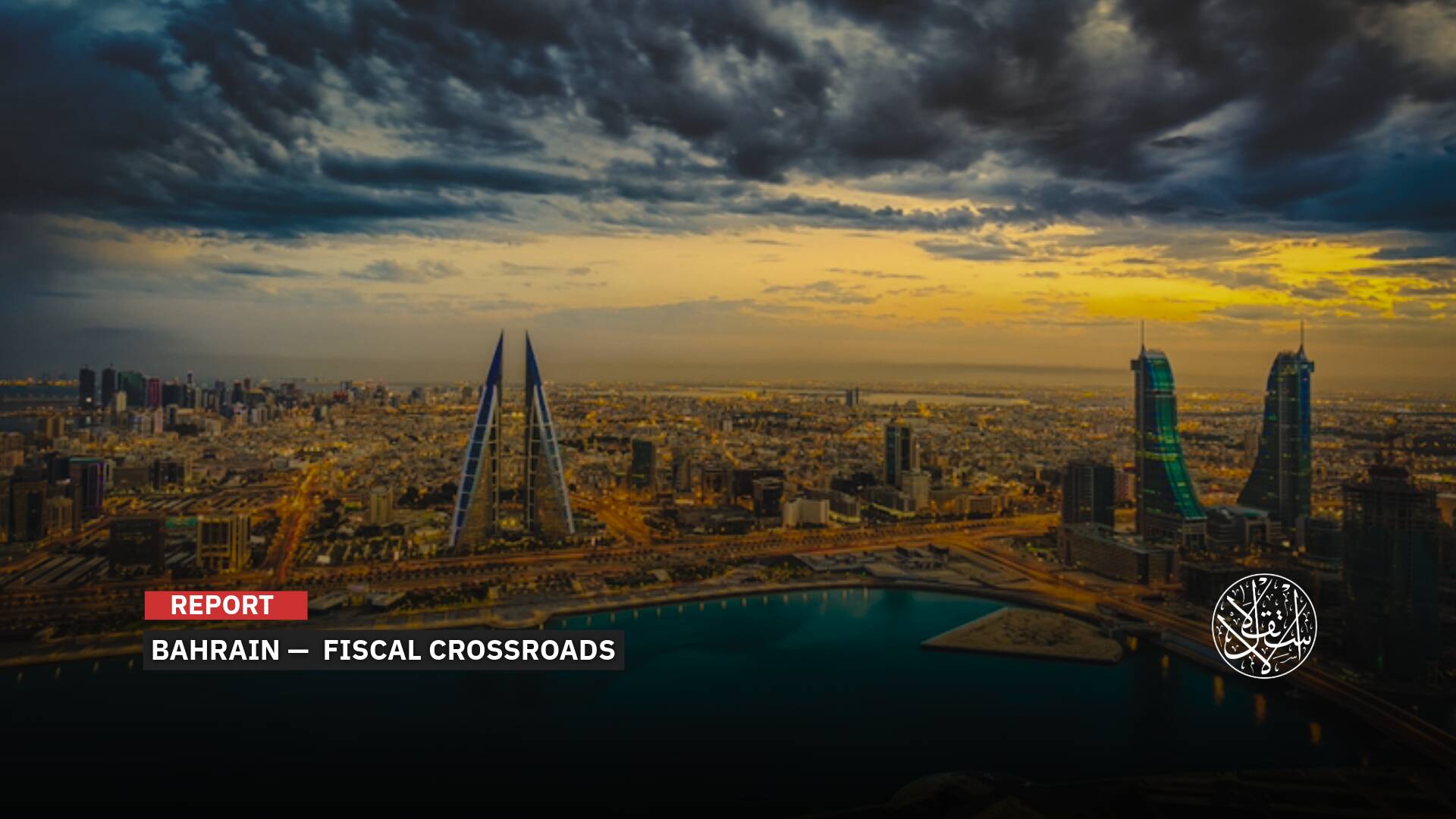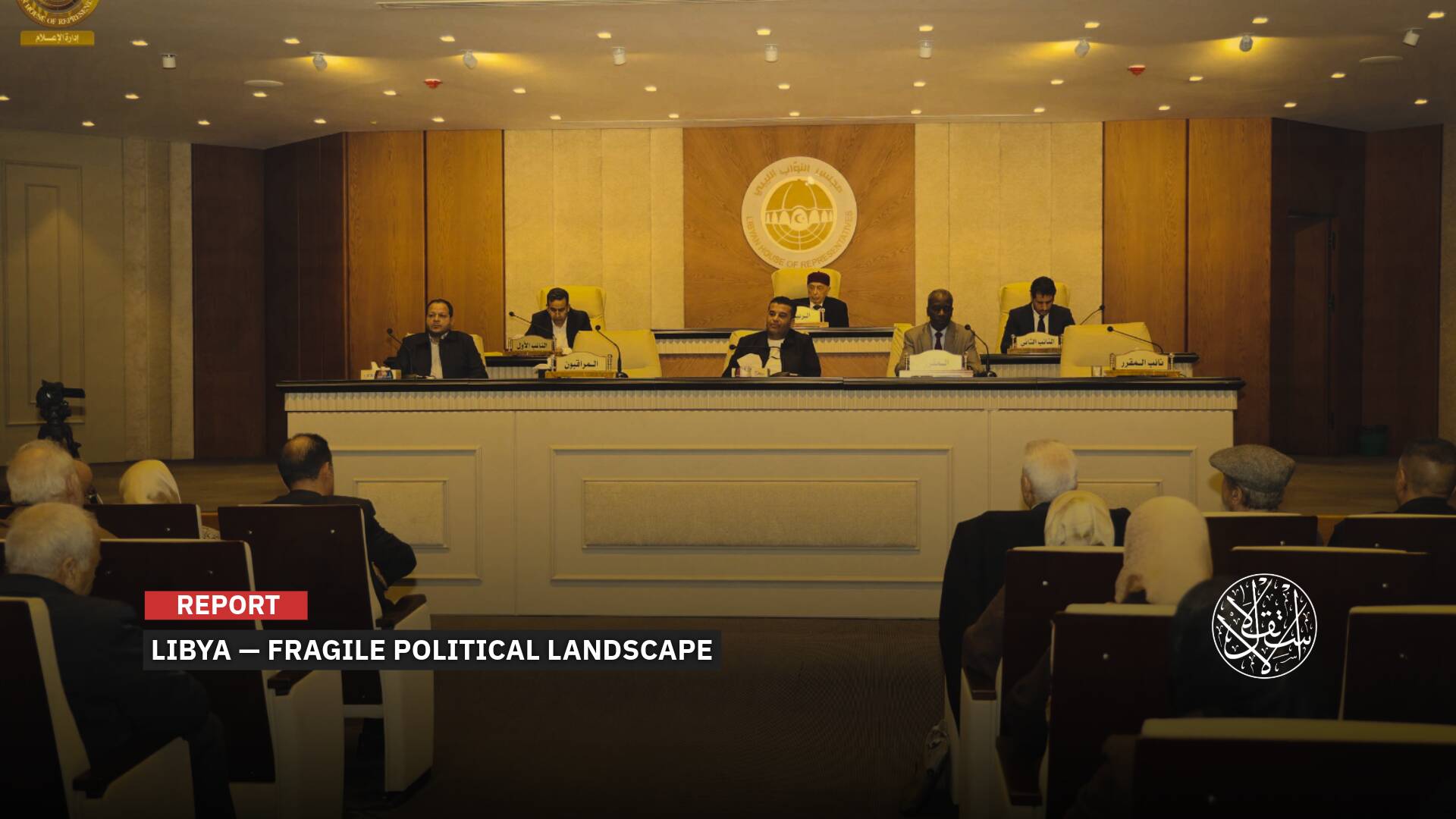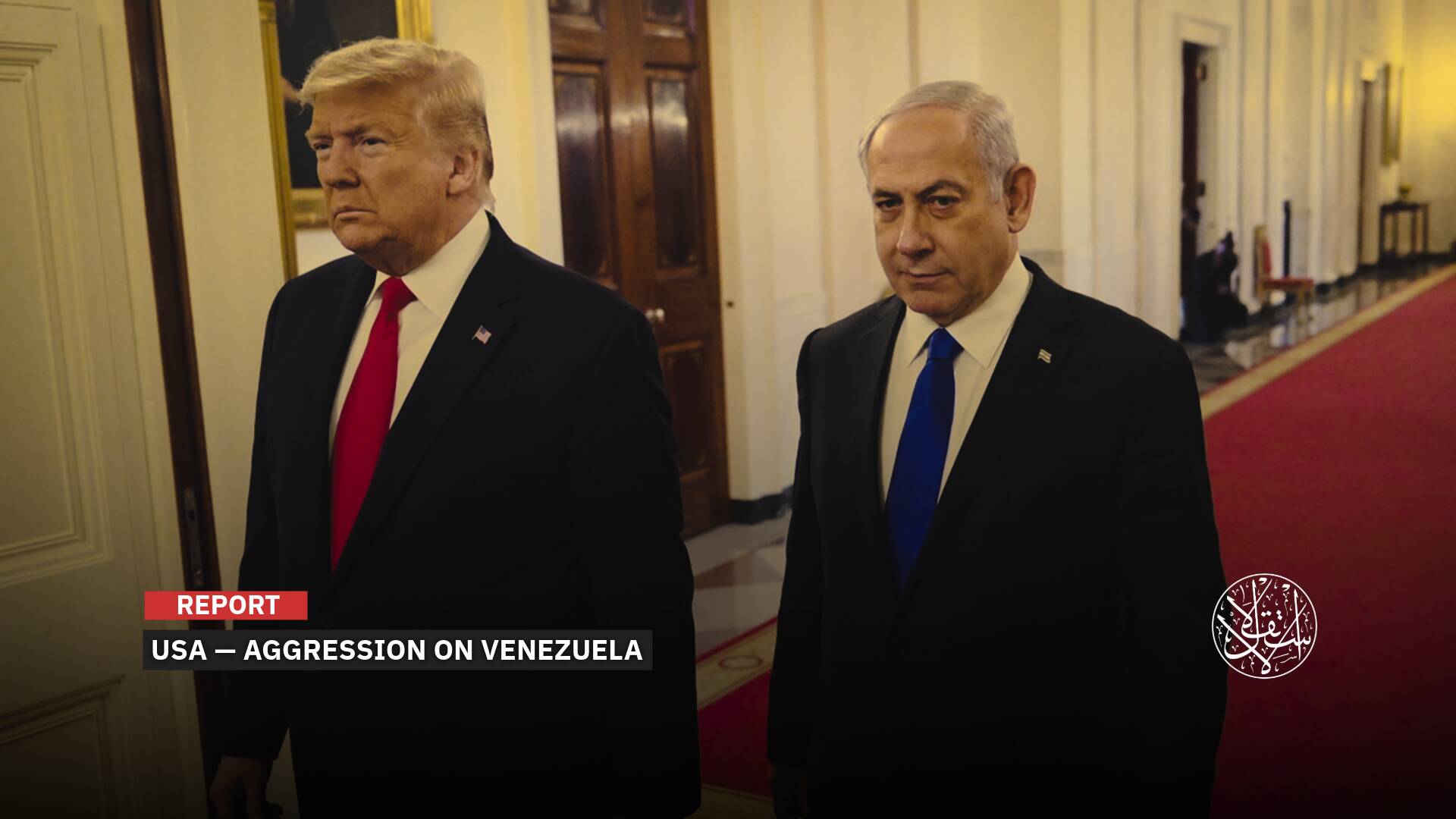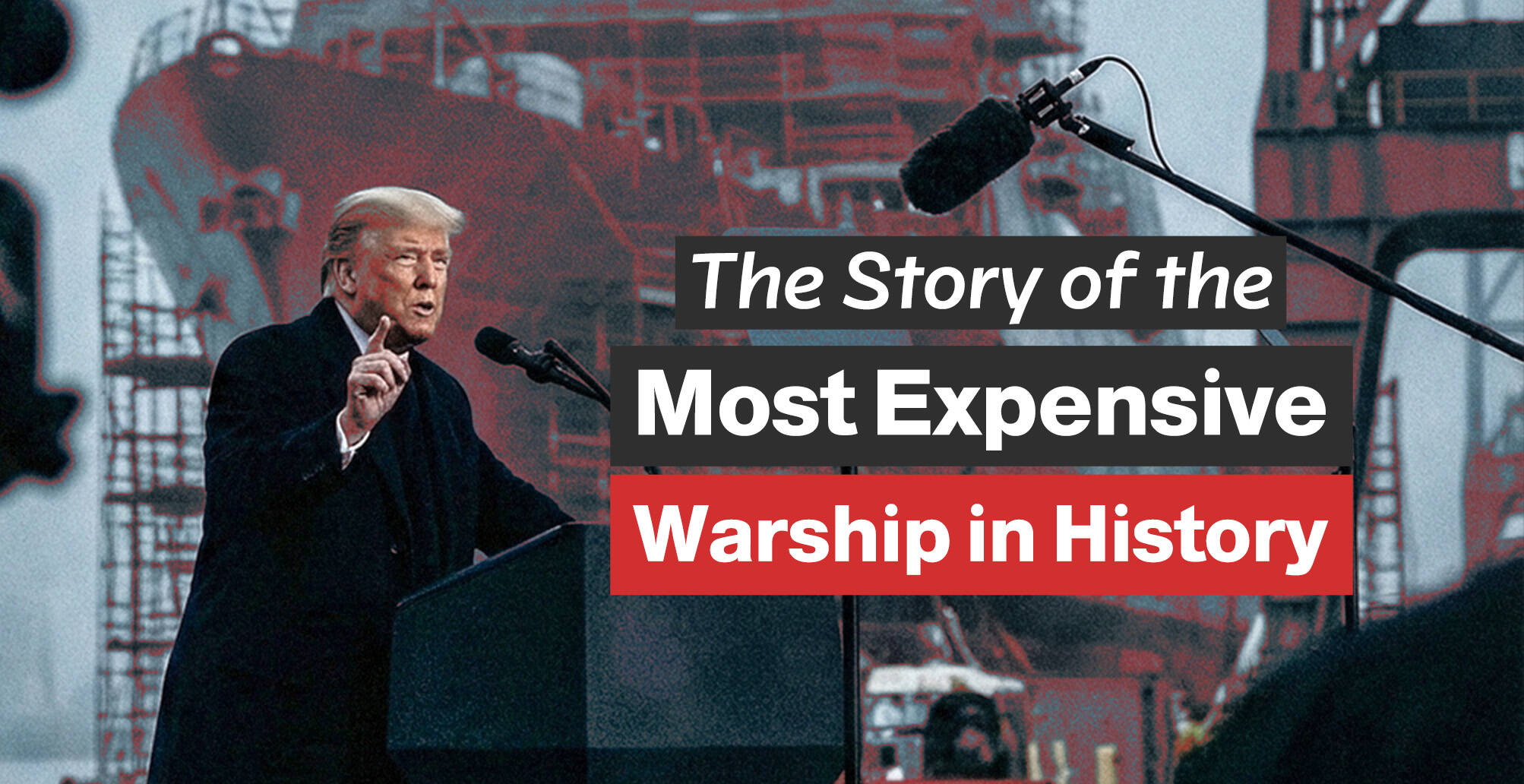Assassinating Sheikh Albani: Why Are UAE Militias in Yemen Targeting Their Scholars?

On the first day of Eid al-Fitr, which falls on April 21, 2023, Sheikh Abdullah Albani stood as usual to deliver the Eid prayer sermon in the district of Bayhan in Shabwah Governorate, central Yemen. After finishing, he was cold-bloodedly shot and killed by gunmen who intercepted his car as he was returning home.
Members of a militia loyal to the UAE were responsible for the attack. The gunmen opened fire on the car, killing Sheikh Albani instantly and injuring several of his bodyguards and some of his sons who were with him in the same vehicle.
Sheikh Albani was the Director-General of the Public Health and Population Office in the Bayhan district of Shabwah, which is controlled by the Southern Transitional Council, a UAE-backed separatist group. He was also a member of the Yemeni Islah Party (the Yemeni Congregation for Reform Party), the largest Islamic party in Yemen.
Awful Crime
On the first day of the blessed Eid al-Fitr on April 21, 2023, Sheikh Abdullah Albani stood as the preacher for the Eid prayer, as he does annually, in the district of Bayhan in the governorate of Shabwah, central Yemen. After finishing the sermon, he was cold-bloodedly shot dead by gunmen.
The gunmen, who belong to a militia loyal to the UAE, intercepted Sheikh Albani’s car as he was returning home after the Eid prayer and fired a hail of bullets at him, killing him instantly and injuring members of his security and some of his sons who were with him in the same car.
Sheikh Albani was the Director General of the Public Health and Population Office in the Bayhan district of Shabwah, which is controlled by the Southern Transitional Council, loyal to the UAE, as well as a member of the Yemeni Islah Party.
On the same day, the Yemeni Islah Party in Shabwah mourned the deceased sheikh in a statement, affirming that he was executed by criminal elements despite his resistance to the Houthi militia.
The statement added that this heinous crime has shocked all the sons of Shabwah and all conscientious people and has turned the joy of the Eid into deep sadness after a national figure and a symbol of the community in the Bayhan district and the governorate was killed.
During a phone call with the Governor of Shabwah, Awadh al-Awlaki, the President of the Presidential Council in Yemen, Rashad al-Alimi, called for the disclosure of the circumstances of the assassination, the arrest of the perpetrators, and their referral to trial.
On the same day, al-Alimi expressed his condolences to Sheikh Albani’s family and urged “the authorities in Shabwah and the security agencies to continue their intensive efforts towards unity, stability, and improving services.”
Previously, the militias loyal to the United Arab Emirates have killed sheikhs and political figures affiliated with the Islah Party in Shabwah and throughout Yemen for opposing their influence and domination in oil-rich areas such as Shabwah.
As part of its separatist project in southern Yemen, the UAE incites its mercenary forces (Shabwah Defense Forces and Giants Brigades) and the separatist Southern Transitional Council against Islamists continuously.
Among these killings is the assassination of Mohammed al-Shujaina, the director of the Charitable Society for Social Welfare (CSSW) in Aden, hours after he was kidnapped from in front of his house on October 2, 2018.
Dr. Aref Ahmed Ali, a leader in the Yemeni Islah Party in the governorate of Aden was also targeted by placing an explosive device in his car on July 31, 2018, leaving him to be injured and his son Ahmed, who was with him, with an amputated foot.
The leader of the Islah Party in Aden, the martyr Bilal Mansour al-Maysari, was also killed in front of his house in July 2021.
What Happened?
Regarding the circumstances of the assassination of Sheikh Abdullah Albani, Yemeni journalist Anis Mansour said that directives were issued from the office of the endowments of the governorate to assign the director of the endowments office in the district of Bayhan (from the Salafi group) to give the Friday sermon on behalf of Sheikh Albani in the airport mosque (where he had been the preacher for more than twenty years).
He explained in a post on Twitter that the decision of the endowments office in the governorate was contrary to the decision of the Minister of Endowments, who directed to prevent any changes to the imams and preachers.
Therefore, Albani saw that the directive of the director of the endowments of the governorate was contrary and conflicting with the minister’s decision, and he went to lead the Eid prayer.
The director of the endowments in the district of Bayhan sought the assistance of Shabwah Defense forces who were present in the district, so they sent an armored vehicle and two vehicles to the mosque square to prevent Sheikh Albani from delivering the sermon.
Sheikh Albani then arrived with his children and family at the Eid prayer mosque as usual, sat in the imam’s seat, and began performing the Eid takbeers with the people.
One of the soldiers tried to pressure him to stop giving the sermon, but he did.
Sheikh Abdullah led the prayer with the people and delivered the Eid and congratulations sermons as usual.
When he got into his car with his companions to leave the mosque, the armored vehicle blocked his way and prevented him from leaving.
Although he expressed his willingness to go with them, the soldiers shot him, his car, and his companions, injuring everyone.
Then one of the soldiers approached the sheikh’s seat in the car and directly fired what remained of his gun at him, killing the sheikh with about thirty bullets, leaving him covered in blood. The soldiers then returned to their barracks, leaving one dead and six wounded (one of whom later died).
What Is the Role of the UAE?
After the assassination of the Yemeni preacher in the city of Shabwah, UAE intelligence officer Mansour Khalfan wrote on Twitter confessing that they were the ones who killed him. He said that “the directives of Mohammed bin Zayed, the President of the UAE, are to liquidate any pro-Muslim Brotherhood preacher in Aden, Shabwah, and Hadhramaut.” He added: “We do not accept the preachers of the Muslim Brotherhood!"
On the other hand, the UAE has been using its platforms in Yemen to refute accusations of its involvement in the assassinations of the Muslim Brotherhood leaders. Saeed Abdullah Bakran, a pro-UAE writer and political researcher, accused the slain leader of starting the competition on the pulpit and bringing armed men with him.
He claimed that Sheikh Abdullah Albani went to the Eid prayer hall in the district of Bayhan with armed men, in violation of the local authority’s decision, and performed the Eid prayer sermon, preventing the officially appointed preacher from performing his duties.
Bakran alleged that the Muslim Brotherhood group, to which Albani belonged, used the man alive to break local authority decisions and seize pulpits, even after his death, by publishing incendiary materials that fueled discord in the region.
Emirati Greed
The oil-rich Shabwah Governorate is a target of Emirati ambitions, as it is one of the most important oil regions in Yemen, with many oil fields and the largest facility in Yemen, Balhaf, which has stopped exporting and has become a headquarters for Emirati forces.
The Islamic Islah Party, due to its previous role in government, has succeeded in having a presence in the military, security, and service institutions in the Shabwah Governorate, at the expense of the former ruling party, the Congress Party, and the Southern Transitional Council.
The latter has attempted to control the governorate in recent years but failed to do so under the previous governor Saleh bin Adio, who rejected the Emirati presence and stood in the way of their projects in the governorate.
Therefore, the dismissal of the governor was the first step in handing over the governorate to the UAE, which resulted in clashes in the governorate in August 2018.
The importance of the Shabwah Governorate to the UAE is that it represents the completion of its “separatist” project in southern Yemen, and the importance to the Southern Transitional Council in imposing its control over the southeastern southern governorates, such as al-Mahrah and Hadhramaut.
Thus, the UAE causes problems there and incites its mercenary forces, such as the Southern Giants Brigades and the Shabwah Defense Forces, to fight the influence of the Islamic Islah Party there, and it has previously carried out bombing operations against Yemeni forces in which the party participates.
There are plans by the UAE to seize Shabwah from the hands of the legitimate government, especially as it is an oil governorate, which prompted the former Shabwah governor, Mohammed Saleh bin Adio, to accuse the UAE of “creating militias hostile to the state.”
A study by the Carnegie Middle East Center, on March 16, 2023, indicates that the UAE has been resetting its strategy since 2018, and enhancing its interests by controlling the Yemeni coasts and sea lanes with the aim of thwarting the spread of political Islam.
The study explained that the financial and military support from the UAE to local militias—especially the Southern Transitional Council, a separatist movement it helped establish in 2017—gave it significant influence, particularly on the front-line maritime sites.
It pointed out that the UAE has established and supported the Giants and Shabwah Defense Forces, and the Hadhrami Elite forces in Hadhramaut governorate, which gave the UAE an opportunity to place its allies along the coast to control Yemeni ports, oil and gas fields, and export stations.
On August 10, 2022, an Emirati drone carried out strikes on government forces that included the Islah Party, paving the way for the control of the Giants and the Shabwah Defense Forces militias, which are affiliated with the Southern Transitional Council, supported by the UAE.
The battle for Shabwah came as part of reducing the influence of previous legitimate parties, specifically the Islah Party and its loyal forces, and the General People’s Congress, the former president’s wing, Abdrabbuh Mansur Hadi, in favor of new ruling parties represented by the General People’s Congress, the wing of the late president Ali Abdullah Saleh’s family, and the Southern Transitional Council.
Sources
- Yemeni Shabwah: The assassination of Khatib Al-Eid and Al-Alimi calls for the arrest of the perpetrators [Arabic]
- Shabwah Defense Militia admits the assassination of Sheikh Abdullah Al-Bani: Details [Arabic]
- “Shabwah Defense” refuses to extradite the suspects in the assassination of al-Bani [Arabic]
- Seas, Checks, and Guns: Emirati and Saudi Maritime Interests in the Yemen Conflict


